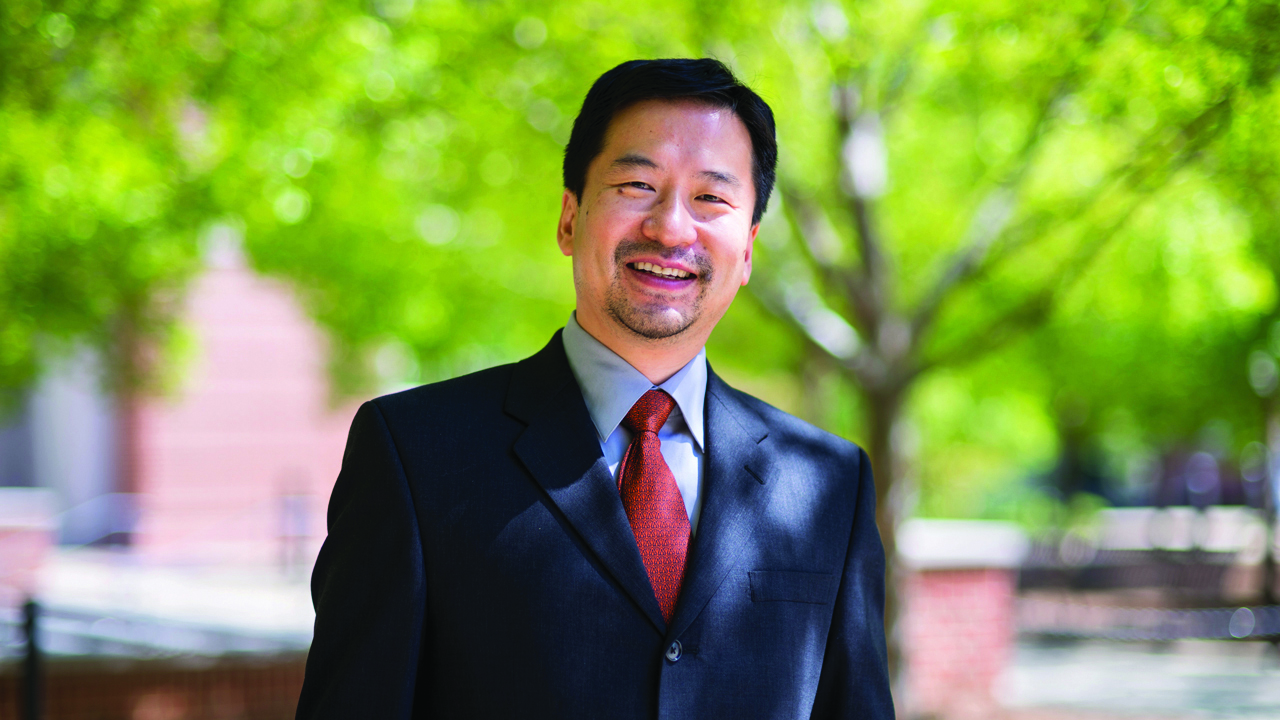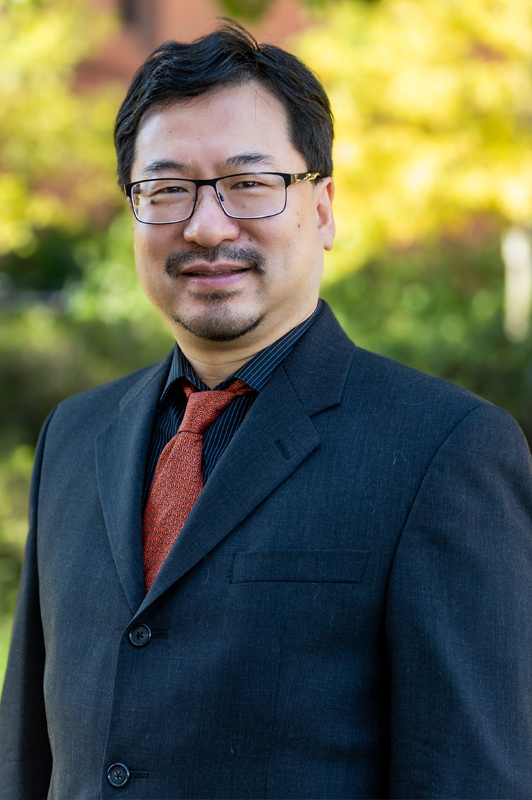Director of Wireless Engineering Research and Education Center wins best paper award
Published: Dec 17, 2021 10:35 AM
By Joe McAdory
Shiwen Mao, Professor and Earle C. Williams Scholar Chair in electrical and computer engineering, is co-recipient of the IEEE Internet of Things Journal “Best Paper Award” for 2021.
His co-authored research, “Optimized Computation Offloading Performance in Virtual Edge Computing Systems Via Deep Reinforcement Learning,” addresses the critical problem of how to support computation-intensive and delay-sensitive applications to mobile devices.
“It is a great honor to receive this award,” said Mao, also the director of the Wireless Engineering Research and Education Center at Auburn University. “This is a recognition of our hard work in cutting-edge wireless research and our collaboration with the VTT Technical Research Centre in Finland. Along with other awards the wireless engineering faculty have received, this award brings further exposure of the wireless research and education program we have at Auburn University.”
The Best Paper Award recognizes work based on originality, impact and relevance to the journal’s scope, and is selected among research papers published from November 2018 to November 2021. The IEEE Internet of Things Journal holds one of the highest impact factors among all journals in wireless engineering.
Mao and co-authors Xianfu Chen (VTT Technical Research Centre), Honggang Zhang, Zhejiang (University in Hangzhou, China), Celimuge Wu (University of Electro Communications in Chofu, Japan), Mehdi Bennis (University of Oulu in Oulu, Finland), and Yusheng Ji (University of Tokyo), were awarded a plaque and $2,000 at a special presentation on Nov. 3 at the IEEE Sensors Conference.
Mao noted that while there has been a proliferation of smart mobile devices supporting a variety of applications, such devices as often resource-constrained with limited battery and computational power. The result: decreased performance and/or delays.
“A solution to this problem is to offload such tasks through wireless transmissions to the remote cloud servers to be executed there and return those results to the mobile device,” Mao said. “Since cloud servers are often far away from centralized data centers, the delay would still be too long for many large applications.”
Mao believes mobile-edge computing (MEC) provides a promising solution to this problem, which is to provide computing capabilities at the base stations and wireless routers, which are closer to mobile users.
“Such MEC servers are more capable than mobile devices and are closer than cloud servers, so they can help mobile users run their tasks at lower delays,” Mao said. “By offloading computational tasks to these servers, not only can the performance be greatly improved, but also the capabilities of mobile devices can be augmented for running a variety of resource-demanding applications.”
The co-authors’ paper formulated a Markov Decision Process (MDP) problem considering the complex system dynamics and various control knobs.
“The problem is so complex with a huge state space, so that traditional optimization approaches will not work,” Mao said. “We resorted to machine learning, specifically, a deep neural network-based function approximator and derived a double-deep Q-network (DQN) based reinforcement learning (DARLING) algorithm to understand optimal computation offloading policies without any prior knowledge of network dynamics.”
The research team also explored the additive structure of the utility function in the formulated problem to attain a novel online deep-state action-reward-based reinforcement learning algorithm. The goal in developing the analysis was to prove the optimality as well as convergence of the proposed algorithms, and validate their performance with extensive simulations using TensorFlow. The study also sheds useful insights to solving other similar, complex problems in 5G wireless and beyond.
“MEC servers are key components of 5G wireless and beyond, where extensive research is going on and many companies are interested in commercialization. If successful, it will enable many computation-intensive and delay-sensitive applications on mobile devices, such as augmented reality and virtual reality, online gaming, autonomous driving, etc., and impact many people's lives.”
Media Contact: , jem0040@auburn.edu, 334.844.3447


